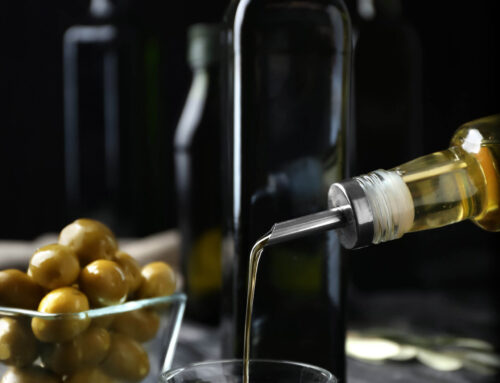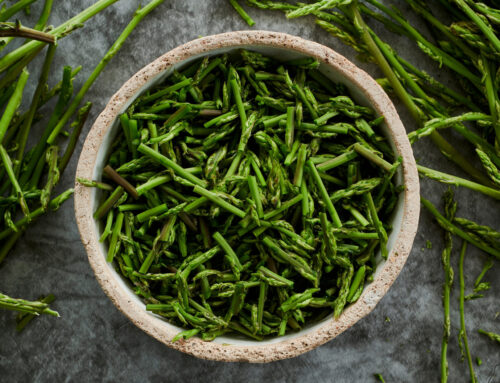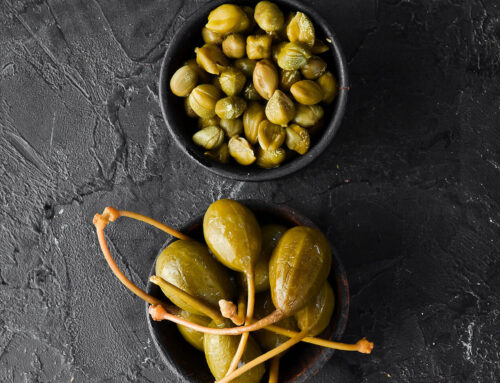Mastiha: A Unique and Medicinal Greek Superfood
Mastiha, also known as mastic, is a rare and precious resin obtained from the mastic tree (Pistacia lentiscus var. chia), native to the Greek island of Chios. This aromatic and versatile substance has been cherished in Greek culture for its unique flavor and numerous health benefits since antiquity.
Mastiha: An Ancient Greek Treasure
The mastic tree has been cultivated on the island of Chios for thousands of years, and its resin, mastiha, has long been valued for its distinctive taste and therapeutic properties. The harvesting process, known as “kentima,” involves making small incisions in the bark of the tree, allowing the resin to slowly seep out and solidify into small, crystalline “tears.” Mastiha has been utilized in various forms throughout history, including as a chewing gum, a spice, and a medicine.
Nutritional Profile
Mastiha is rich in antioxidants and contains a variety of bioactive compounds, such as triterpenoids, which are responsible for its numerous health benefits. It is also a source of essential oils, which contribute to its unique flavor and aroma.
Health Benefits
The consumption of mastiha has been linked to several health benefits, including:
Digestive Health
Mastiha has been used as a remedy for digestive issues since ancient times, as it is believed to aid digestion, soothe stomach ulcers, and alleviate symptoms of gastroesophageal reflux disease (GERD).
Antimicrobial Properties
Mastiha has potent antimicrobial properties, making it effective against a range of bacteria and fungi. This may contribute to its ability to promote oral health and prevent infections.
Anti-inflammatory and Antioxidant Effects
The bioactive compounds in mastiha exhibit anti-inflammatory and antioxidant properties, which may help reduce inflammation and protect the body from oxidative stress.
Heart Health
Some studies suggest that mastiha may help lower LDL (bad) cholesterol and triglyceride levels, reducing the risk of heart disease.
Culinary Uses
Mastiha is a versatile ingredient in Greek cuisine, used in both sweet and savory dishes for its unique flavor and aroma. It is often added to baked goods, such as breads, cookies, and cakes, as well as traditional Greek sweets like loukoumi (Turkish delight) and spoon sweets. Mastiha can also be found in liqueurs, such as Mastiha liqueur, and is used as a flavoring in certain Greek cheeses.
Sustainable Harvesting and Supoorting Local Producers
In addition to its traditional uses, mastiha is increasingly being incorporated into contemporary culinary creations. Innovative chefs and food enthusiasts are experimenting with mastiha-infused ice creams, chocolates, and even savory dishes that showcase its unique flavor and versatility. This fusion of tradition and innovation not only highlights the enduring appeal of mastiha but also expands the possibilities for its use in modern gastronomy.
Mastiha in Modern Culinary Innovation
The production of mastiha is a labor-intensive and time-consuming process, making it a valuable and highly sought-after commodity. The sustainable harvesting of mastiha is essential for the preservation of this unique resource and the livelihoods of the communities that depend on it. When purchasing mastiha products, consider supporting local producers and cooperatives from Chios, who employ traditional and sustainable harvesting methods.
Mastiha in Health and Wellness Practices
The therapeutic properties of mastiha extend beyond its culinary applications. In recent years, mastiha has gained recognition in the health and wellness industry for its potential benefits in skincare, oral care, and as a natural remedy for various ailments. By exploring the various ways to incorporate mastiha into your daily routine, you can harness its full potential for promoting overall well-being.
Mastiha is a unique and medicinal Greek superfood that offers a distinct combination of taste, health benefits, and cultural significance. By understanding its distinct properties and incorporating it into your diet and wellness practices, you can fully appreciate the role of mastiha in Greek culture. Culinary arts students, chefs, researchers, and food enthusiasts can all benefit from embracing this aromatic and healthful resin in their cooking and dietary practices, adding a touch of Greek tradition and therapeutic nourishment to their meals. Supporting sustainable harvesting practices and local producers ensures the continuation of this ancient culinary ingredient and its positive impact on Greece’s agricultural heritage, local communities, and the environment.



